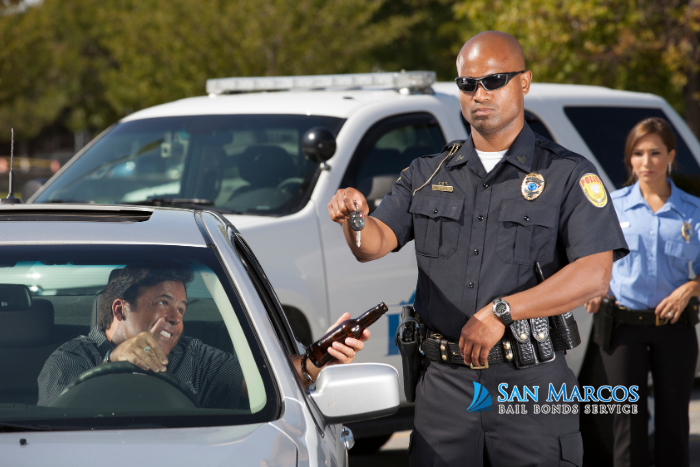Chat Room Crimes in California
Chat room crimes are a term that typically refers to specific cases that ultimately deal with the solicitation of a minor. The term first became popular after it was used by the television show, To Catch a Predator. Chat room crimes typically involve an older person, usually, a male, who uses things like chat rooms and instant messaging to connect with and ultimately lure a minor. In many cases, the minor thinks that they are chatting with someone who is of a similar age to themselves. Chat room crimes are typically covered by solicitation of a minor laws, which are outlined in California Penal Code (PC) 288.2. The code states that:-
“Every person who knows, should have known, or believes that another person is a minor, and who knowingly distributes, sends, causes to be sent, exhibits, or offers to distribute or exhibit by any means, including by physical delivery, telephone, electronic communication, or in person, any harmful matter that depicts a minor or minors engaging in sexual conduct, to the other person with the intent of arousing, appealing to, or gratifying the lust or passions or sexual desires of that person or the minor, and with the intent or for the purposes of engaging in sexual intercourse, sodomy, or oral copulation with the other person, or with the intent that either person touches an intimate body part of the other, is guilty.”
-
Chat room crimes can be prosecuted as either misdemeanors or felonies. It isn’t entirely clear how the prosecutor decides whether they want to pursue misdemeanor or felony charges. What we do know is that they look at both the type and amount of evidence the police collected and your personal/criminal history before making a decision.
Examples of prosecutable chat room crimes include:
- Sending messages to a minor that are full of unmistakable sexual content
- Sending messages to a minor with the intent of meeting with them to engage in either consensual or non-consensual sex
- Sending videos/pictures with overtly sexual themes to minors








